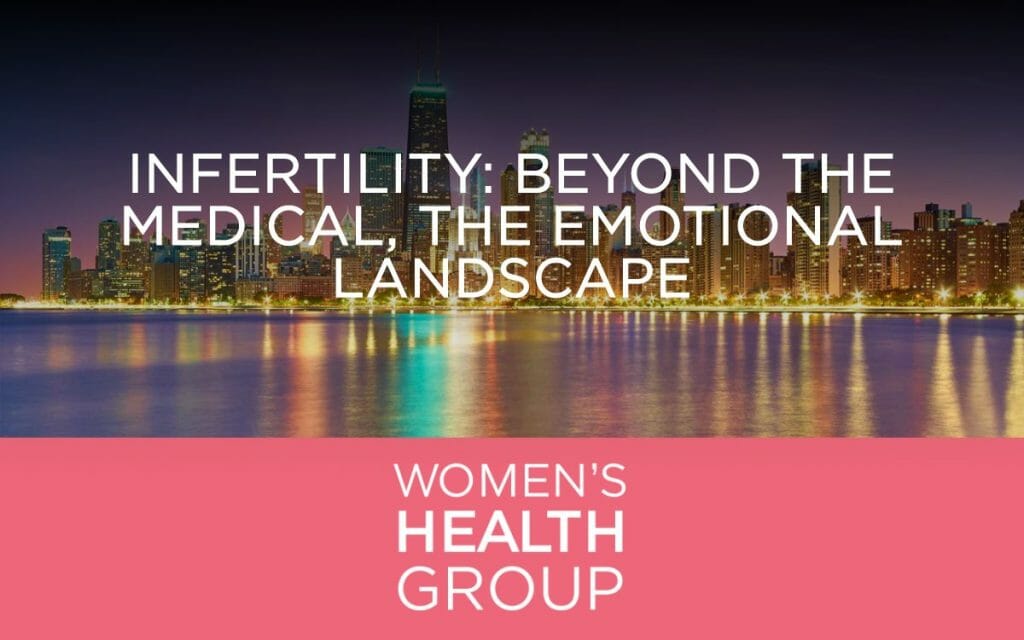The Harrowing Journey of Infertility
We, at Women’s Health Group, a leading Obstetrician-gynecologist group in Chicago, know that infertility is far from a mere physical condition. It’s a deeply emotional and mental roller-coaster, filled with hopes, disappointments, stress, and even guilt. As healthcare providers, we strive to address infertility beyond the medical facet and explore the emotional landscape that surrounds this life-altering journey, thus giving more focus to the keyword, Infertility Emotions.
The Emotional Impact of Diagnosis
The diagnosis of infertility often comes as a shock, despite the countless prior warning signs. This news can cause a spectrum of emotions including surprise, anger, sadness, and denial. It’s normal to feel a profound sense of loss – for the potential child and for the future you had envisioned. It’s essential to acknowledge these feelings and seek necessary support.
Coping with the Treatment Process
Infertility treatments are, undeniably, physically invasive. But they are also emotionally taxing, causing elevated stress levels. The cyclical, anticipatory nature of many treatment protocols can lead to constant tension and heightened anxiety.
The Lows and Highs of Hope
Each cycle of infertility treatment brings with it a wave of hope – hope for success and the potential of pregnancy. However, if the cycle fails, this hope dips into deep disappointment, magnifying feelings of sadness and loss. Balancing these highs and lows can be an intense, draining experience.
Emotional Strains on Relationships
Infertility can place immense stress on your relationship with your spouse or partner. Differences in coping mechanisms can lead to misunderstandings, creating a gap filled with unmet expectations and unhappiness. It’s crucial to communicate effectively and keep an open emotional channel during this trying journey.
Social Isolation and Infertility
Feelings of isolation and alienation from family and friends are commonly reported by individuals going through infertility. Missing out on gatherings to avoid pregnancy announcements or facing probing questions can result in a sense of deprivation – pushing you further into the corners of exclusion.
Dealing with Grief and Loss
Repeated treatment failures, miscarriages, or unsuccessful attempts at conception often lead to a profound sense of grief and loss. This grief is unique and can be difficult to process, as it concerns the loss of a dream, the loss of an identity, and the loss of future potential.
Finding Emotional Resilience
Developing resilience in the face of infertility is an important yet challenging task. While the emotional landscape of infertility is vast and complex, managing these emotions can foster resilience. It may involve seeking professional help, such as therapy, joining support groups, or practicing mindfulness and stress-relief techniques (Mayo Clinic, n.d.) .
Infertility: A Journey, Not a Destination
Remember, infertility is a journey filled with challenges, not a destination. It’s important to address these emotional aspects alongside the medical factors and seek the necessary support. Additionally, educating yourself on infertility can contribute to your emotional well-being (Women’s Health, n.d.).
The Final Word
As you navigate this landscape of infertility emotions, know that it’s okay to feel overwhelmed. Seek support, lean on loved ones, practice self-care and remember, you are more than your infertility. While this journey may be harrowing, it can strengthen your resilience, your relationships, and ultimately, your spirit.




